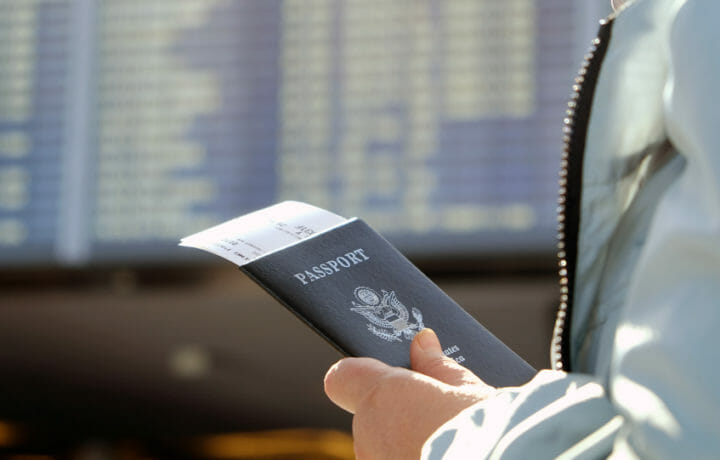The clearance process can be tough enough, but how does your time spent living overseas as a private citizen affect your first clearance investigation? Ironically, the experience that helped you get the job in the first place can complicate and lengthen your clearance process. Here are some tips for the first time clearance applicant living or returning from overseas.
Be Accurate and Thorough
You will need to compile a list of your overseas addresses and employers. Completeness is important, as investigators will need to contact you for the missing information. If you’ve lived overseas for an extended period of time, it is likely that you have colleagues, friends, or family who are foreign nationals. You will be asked to list all foreign national contacts who with whom you have a “close and continuing” relationship. If you’re not sure if someone counts as a “close and continuing” contact, disclose them anyway. A rule of thumb that can help you is “would I invite this person to my wedding?” This was especially helpful for me, since I was planning my wedding around the time I filled out my SF-86.
Once you have completed your list, gather as much information as you can from each person (birthdays, employers, addresses). Use good judgment when deciding who to tell about your cleared job. How much you want to disclose the details of your future position depends entirely on the nature of that position, but in general, keep security in mind. You will also need to provide details about all of your foreign travel going back seven years. Be as accurate as possible when providing the dates, and be prepared to discuss the purpose of the trip and any foreign contacts you made.
Hurry UP and Wait
Because of the complex nature of international investigations, your clearance investigation will likely take longer than a fresh college graduate who’s never stepped off of U.S. soil. You will possibly experience frustration at the opaque process, irrational joy at finally being contacted by your investigator, and more frustration at the renewed silence. If you are still overseas during your investigation, take some time to appreciate where you are and make use of the incredible opportunities for professional development. Study the local language and attend professional conferences. When your investigator contacts you (and they will), promptly send them any information they need, and just remember why you’re going through the wait. Your new career is worth it.
Don’t forget your foreign spouse
Your investigation will have another layer if you are married to a foreign national. Your investigator will likely require your spouse to submit their own SF-86, in addition to a supplemental family biographical document. In addition, your spouse will need to attend an interview with the investigator. If you are living overseas, the interview may be at the U.S. embassy. While having a foreign spouse is not a disqualification for a security clearance, citizens of countries with which the U.S. has a negative relationship, or which pose a security risk, can further lengthen the process. That is not to say that a spouse from an unfriendly country will result in a denial. Consideration is made on a strictly case-by-case basis.
Getting your first clearance is a huge step forward in your career. An active clearance is a prerequisite for many jobs, and often results in higher salaries. When you find yourself in the middle of the process, get organized, be thorough, and be patient. It’s worth it in the end.



